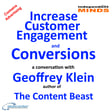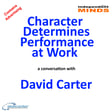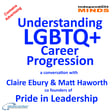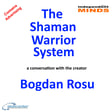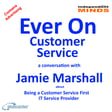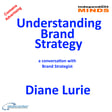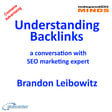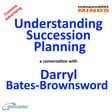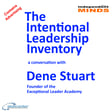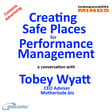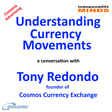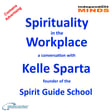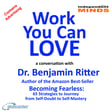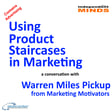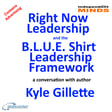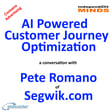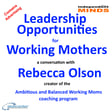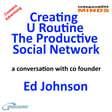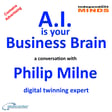
Understanding Artificial Intelligence – a conversation with Garik Tate
A straightforward explanation of Artificial Intelligence.
Garik Tate is an AI Futurist, and the founder of Valhalla a software company based in the Philippines.
In this episode of the Abeceder podcast The Independent Minds, Garik explains to host Michael Millward the technical discoveries that made the Artificial Intelligence (AI) possible and how AI works.
Although the technology has been around for less than a decade AI is more widespread than you might think. Garik explains why despite how much we interact with AI we tend to ignore it. Michael and Garik discuss how software has been written in the past and how it will be created in the future, and how this may involve changing our perception of software.
Garik expresses his concern that AI may be seen as the solution for everything and explains to Michael how organisations of all kinds can identify how they can best use AI.
Find out more about both Michael Millward, and Garik Tate at Abeceder.co.uk
The Independent Minds is made on Zencastr, because as the all-in-one podcasting platform, on which you can create your podcast in one place and then distribute it to the major platforms, Zencastr really does make creating content so easy.
If you would like to try podcasting using Zencastr visit zencastr.com/pricing and use our offer code ABECEDER.
Matchmaker.fm If you are a podcaster looking for interesting guests or if like Garik, you have something interesting to say Matchmaker.fm is where matches of great hosts and great guests are made. Use our offer code MILW10 for a discount on membership.
Travel
Garik is based in the Philippines. Members of the Ultimate Travel Club, can travel to the Philippines at trade prices on flights, hotels, trains, package holidays and all sorts of other travel purchases. You can become a member at a discounted price by using my offer code ABEC79 when you join-up.
Fit For Work Look after your health and you will be fit for work.
It is always a good idea to know the risks early so that you can take appropriate actions to maintain good health, so we recommend The Annual Health Test from York Test.
York Test provides an Annual Health Test. An experienced phlebotomist will complete a full blood draw at your home or workplace. Hospital standard tests covering 39 different health markers are carried out in a UKAS-accredited and CQC-compliant laboratory.
Your Personal Wellness Hub has easy-to-understand results and guidance to help you make effective lifestyle.
Visit York Test and use this discount code MIND25.
Visit Three for information about business and personal telecom solutions from Three, and the special offers available when you quote my referral code WPFNUQHU.
Being a Guest
If you would like to be a guest on The Independent Minds, please contact using the link at Abeceder.co.uk.
We recommend that potential guests take one of the podcasting guest training programmes available from Work Place Learning Centre.
We appreciate every like, download, and subscriber.
Thank you for listening.
